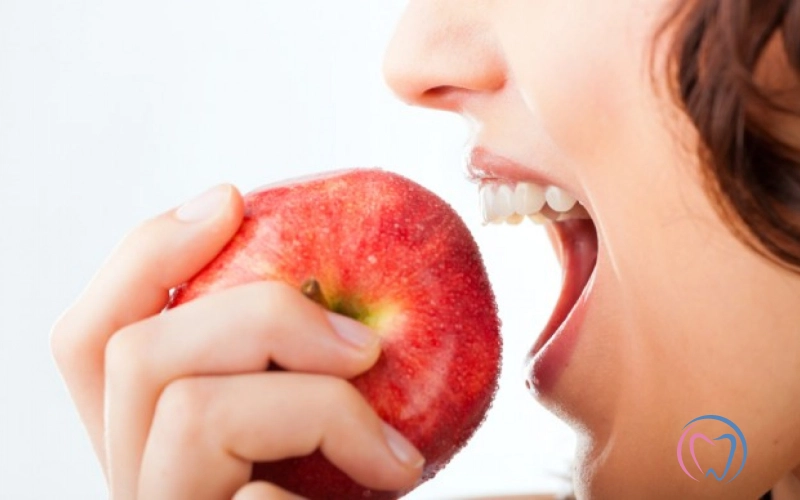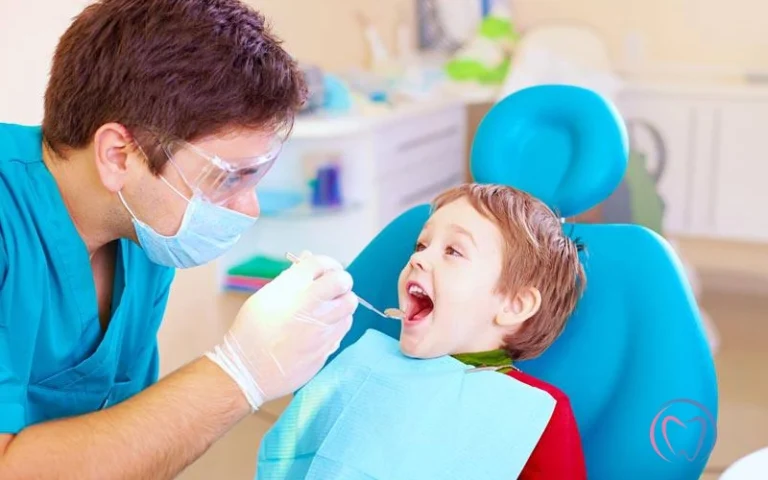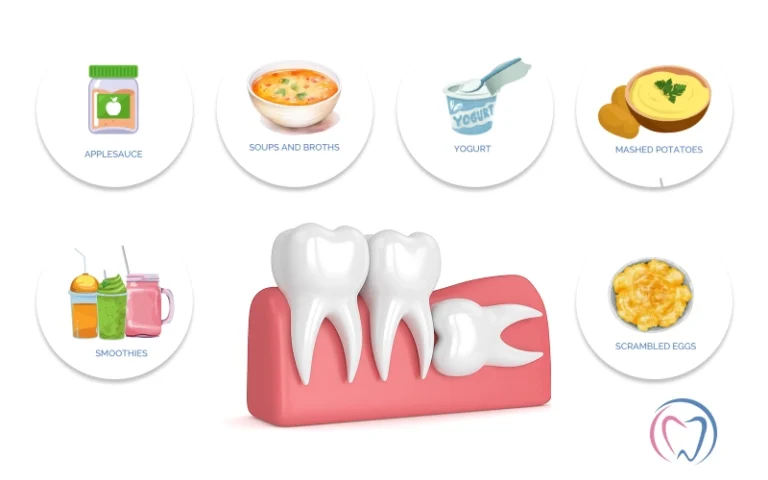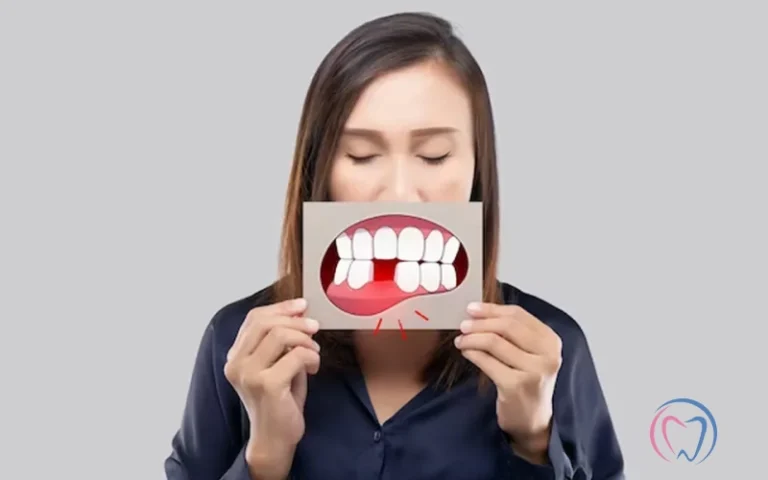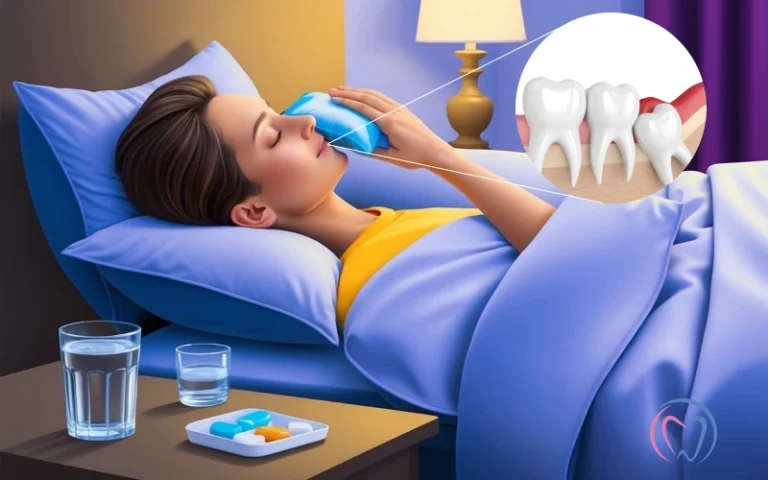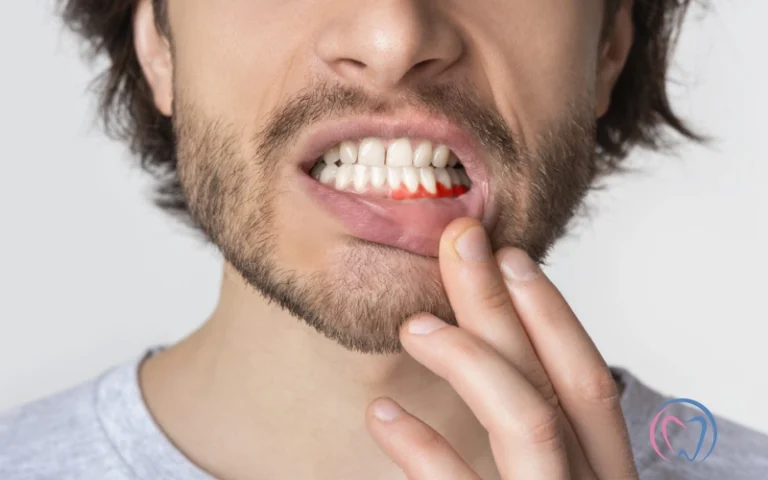A dental filling is commonly used to repair teeth that have decay or damage. Although many people are concerned about the process and its significance, one of the most frequent questions patients ask is whether they can eat after a filling. The answer is not straightforward, as it depends on several factors, including the type of filling, the procedure, and your circumstances.
What are dental fillings?
The purpose of dental fillings is to restore the function and integrity of a tooth that has been affected by decay injury. The process is generally characterised by removing the decayed portion of the tooth and filling it with materials like amalgam, composite resin, glass ionomer or gold. When eating can be resumed safely depends on the properties and curing times of each material.
Types of fillings and their curing time
- Amalgam fillings – The silver-coloured fillings called Amalgam fillings are made from a mix of metals and are well-known for their durability. It is generally recommended to wait at least 24 hours before chewing on the treated side after receiving an amalgam filling to allow the material to harden fully.
- Composite fillings – These are tooth-coloured resin fillings and are commonly used for front teeth because of their aesthetic appeal. The use of special light is typically used to cure composite fillings, which allows for eating after 30 minutes to an hour post-procedure, as long as the numbness from anaesthesia has worn off.
- Glass ionomer fillings – These fillings are frequently used for fillings below the gum line due to their fluoride release. They can take a bit longer to set. So it’s advisable to wait at least 1-2 hours before eating.
- Gold fillings – Although these fillings are durable, they usually take longer for cement to fully harden. It is generally that patients wait at least 24 hours before eating on that side for the mouth.
Sensitivity and numbness
Numbness in your lips and tongue may occur after receiving a filling if local anaesthesia is utilised. It’s important to wait until the numbness fades away before eating to prevent biting your tongue or cheek. It’s a good idea to choose foods with a comfortable temperature since sensitivity to hot and cold may occur after the procedure.
What foods should I avoid after a tooth filling?
Regardless of the filling, it is important to avoid certain foods immediately after the procedure.
- Hard foods – Foods like nuts, hard candies, and raw vegetables can put undue pressure on the filling.
- Sticky foods – The filling can be dislocated or damaged by sticky foods, such as gum, caramel or other sweets.
- Hot foods and beverages – These foods and beverages can exacerbate sensitivity and increase discomfort.
- Cold foods – Similarly, cold foods can cause sensitivity in newly filled teeth.
What foods should I eat after a filling?
- Yoghurt – This is a creamy and gentle snack that is both nutritious and won’t cause discomfort.
- Mashed potatoes – A satisfying meal can be made with mashed potatoes, which are a comforting option that is easy to chew.
- Smoothies – These are a convenient way to consume nutrients, are easy to consume, and can be tailored to your taste.
- Scrambled eggs – The texture of scrambled eggs is soft and protein-rich, making them both filling and gentle on your teeth.
How to maintain teeth after a filling?
Maintaining good oral hygiene is important after you’ve successfully dealt with the immediate aftermath of your filling, to ensure the longevity of your filling.
- Brush and floss regularly – By maintaining a consistent oral hygiene routine, you can prevent future decay and keep your fillings in good condition.
- Regular dental check-ups – These are necessary to monitor your fillings and overall dental health. If you notice any sensitivity, pain or change in your filling contact your dentist immediately.
While you can eat after a filling, the timing and type of food you can choose are vital to a smooth recovery. It’s important to follow your dentist’s specific recommendations regarding your filling type and how comfortable you are after the procedure.
By taking the required precautions and being mindful of your diet, you can guarantee a successful recovery and keep your oral health in check for years to come. Keep in mind, that a healthy mouth leads to a happy smile!

